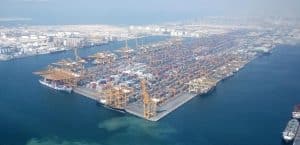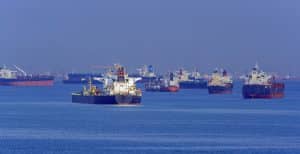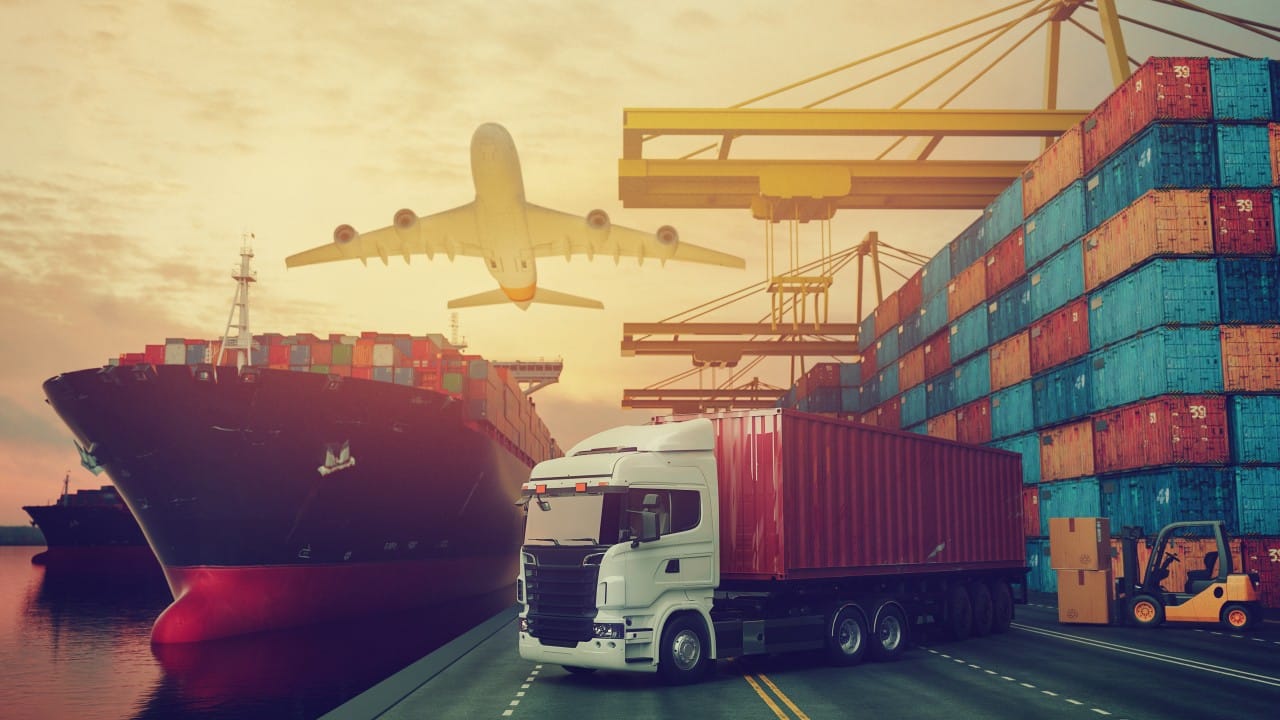 According to a recent analysis by the Dubai Chamber of Commerce and Industry, the UAE’s high maritime freight connectivity, in particular, has been a major factor in ensuring that vital supplies reach global markets even as air transit channels – especially passenger airplanes in the bellies of which are carried air cargo shipments – have become extensively restricted after countries have halted international flights to contain the spread of the virus.
According to a recent analysis by the Dubai Chamber of Commerce and Industry, the UAE’s high maritime freight connectivity, in particular, has been a major factor in ensuring that vital supplies reach global markets even as air transit channels – especially passenger airplanes in the bellies of which are carried air cargo shipments – have become extensively restricted after countries have halted international flights to contain the spread of the virus.
But as the UAE’s logistics sector continues to play a key role in global efforts to fight the pandemic, it also points to an area of opportunity we have yet to tap into.
The shipping industry handles close to 90% of global trade and while we enjoy the world-class mammoth infrastructure of Dubai Ports World (DP World) and Jebel Ali’s role as the Middle East’s biggest trans-shipment hub, we are missing the presence of a homegrown global leader in shipping.
 When oil prices are in contango – when contrary to normal times, future prices are higher than spot prices – demand for tankers also increases as oil-importing nations and commodity traders line-up tankers to purchase cheap oil in the spot market and sell forward contracts to lock-in the gains. This usually leads to higher vessel chartering rates and recently, Very Large Crude Carrier (VLCC) rates went as high as $300,000 per day from just $15,000 per day only a year ago. While the rates have now stabilized to around $50,000 range, they are still higher than last year’s average rates.
When oil prices are in contango – when contrary to normal times, future prices are higher than spot prices – demand for tankers also increases as oil-importing nations and commodity traders line-up tankers to purchase cheap oil in the spot market and sell forward contracts to lock-in the gains. This usually leads to higher vessel chartering rates and recently, Very Large Crude Carrier (VLCC) rates went as high as $300,000 per day from just $15,000 per day only a year ago. While the rates have now stabilized to around $50,000 range, they are still higher than last year’s average rates.
The UAE is home to several successful smaller shipping companies, but a new shipping line to challenge global shippers is a logical next step and could, in fact, play a critical role in battling the downturn. Such a player can benefit from economies of scale and from the lasting new trade patterns brought about by the pandemic.
Consolidation across shipping companies in the UAE can also leverage the potential of regional downstream petrochemicals market growth, especially with the new oil refineries projects dotted across the Middle East. As the GCC economies tap to capture a higher proportion of petrochemicals value chain, the region will see a paradigm shift away from crude oil export to homegrown petrochemical complexes that diversify the economies and generate employment over the next decade. This presents an opportunity for a strong domestic shipping powerhouse to cater to regional demand growth.
Disclaimer
The content of this article is informational only and based on information available when created. It is not an offer or a solicitation nor is it tax or legal advice. It does not consider your financial circumstances and objectives and may not be suitable for you.

Author:
Ajit Joshi
MD, Head of Public & Private Markets at SHUAA Capital
